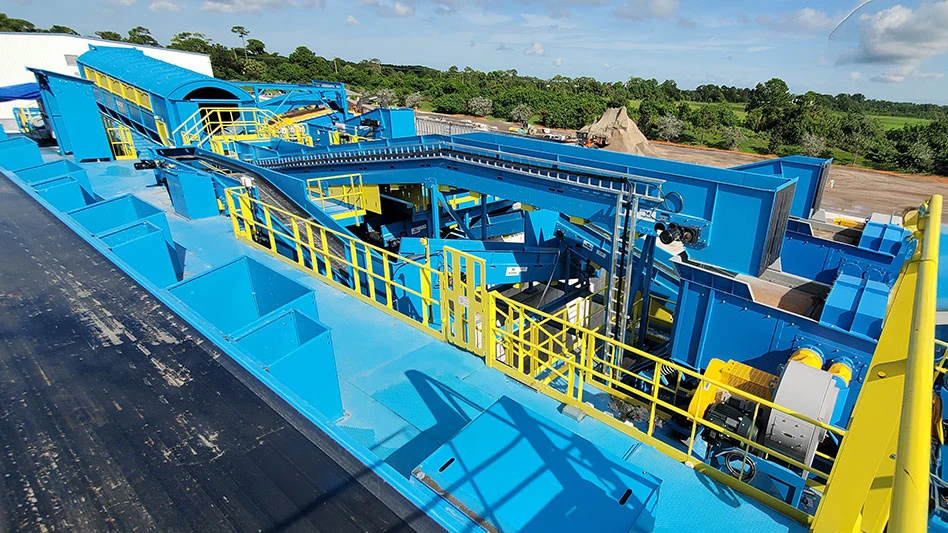Aldi, with U.S. headquarters in Batavia, Illinois, says its new sustainability charter demonstrates the grocery retailer’s commitment to protecting the planet’s resources and ecosystems with a series of initiatives that will be achieved between now and 2030. The charter includes efforts in packaging sustainability.
The company says it will reduce packaging materials by 15 percent and convert all Aldi-exclusive packaging to reusable, recyclable or compostable materials by 2025. The company says its ability to influence packaging is significant because more than 90 percent of the products it sells are exclusive items. Additionally, the retailer will remove expanded polystyrene (EPS) from produce packaging by the end of this year.
The charter expands on Aldi’s series of packaging commitments in 2019 to reduce packaging and to make all Aldi-exclusive packaging reusable, recyclable or compostable by 2025. To date, the retailer says it has redesigned packaging to remove or reduce excess plastic from products such as teas and bread. In select stores, Aldi is introducing alternative packaging for perishables including blueberries and tomatoes that uses 20 percent less plastic than traditional containers. Its packaging for mixed bell peppers uses 44 percent less plastic.
Jason Hart, CEO of Aldi U.S., says, “The global impact of plastics can’t be ignored. We can’t get rid of plastic everywhere overnight, but we continue to work to eliminate plastics anywhere we can. Where we do need plastic, we are committed to choosing materials that contribute to a circular plastic economy.”
Aldi has never offered single-use plastic bags at checkout and only sells reusable plastic and cloth bags. The company says it also is testing a new initiative to remove all multiuse plastic bags from six stores in Richmond, Virginia.
The company says it is labeling products to promote recycling, using cardboard sleeves for more than 90 percent of apparel items and trialing recyclable and compostable paper bags for apples in some stores.
The retailer says it also will divert 90 percent of operational waste by 2025 and strive to reduce food waste by 50 percent by 2030. Plans to achieve these goals are in development and are expected to include composting, nonfood donation programs and expanded recycling and food recovery initiatives, Aldi says. The retailer diverts waste from store and warehouse operations and has recycling efforts in place for food, plastic film, corrugated cardboard, paper, metals and other materials. In 2020, Aldi says it recycled nearly 300,000 tons of material, avoiding the greenhouse gas emission equivalent of nearly 9 million gallons of gasoline per month. In the same year, to combat food waste and food insecurity, Aldi donated more than 29 million pounds of products that would have otherwise gone to landfills to local food banks through its longstanding partnership with Feeding America.
The Aldi sustainability charter also calls for the company to reduce greenhouse gas emissions by 25 percent by 2025 through an ongoing transition to solar and wind energy sourcing. The company says it has solar panels at 111 stores and 12 distribution centers nationwide and will add them to warehouses in Alabama and Kansas, as well as to roughly 60 stores by the end of 2022.
All the company’s U.S. warehouses and nearly 400 stores use natural refrigerants that reduce the environmental impact by up to 4,000 times compared with common refrigerants, according to the company. It will continue to shift to natural refrigerants in all store locations.
Latest from Recycling Today
- Greenwave raises revenue but loses money in Q2 2025
- Recycled steel prices hold steady
- EY says India’s need for scrap imports will continue
- Coming full circle
- Amcor, DCM introduce fertilizer packaging with 35 percent recycled content
- Comstock Metals gets closer to commissioning commercial-scale solar panel recycling facility
- Washington selects Circular Action Alliance as PRO
- Smurfit Westrock expands in Latin America





